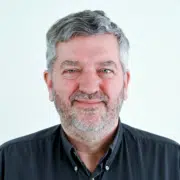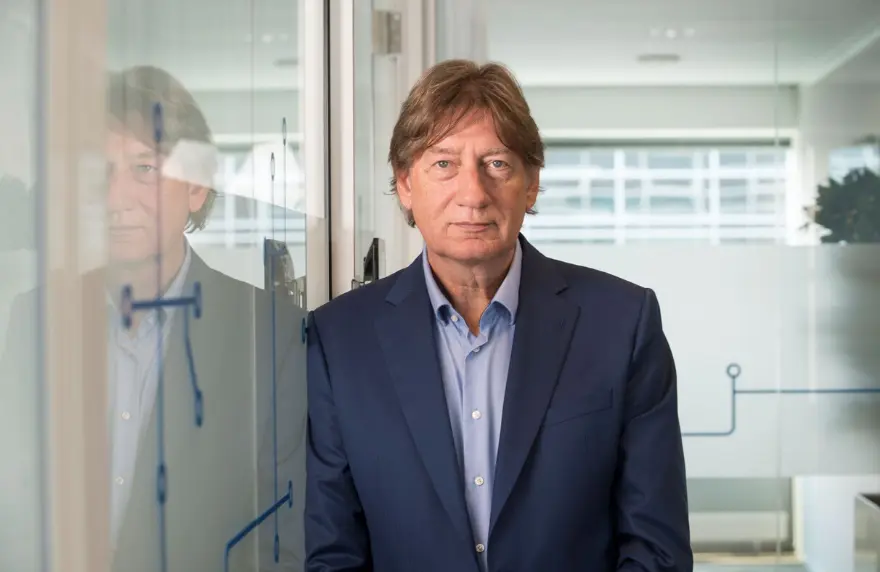Voor de tweede keer in twee weken tijd waarschuwen Amerikaanse inlichtingendiensten voor een mogelijke Russische invasie in Oekraïne. Rusland herhaalt steeds dat de troepenmacht puur bedoeld is voor militaire oefeningen op eigen grondgebied. Maar Moskou, Washington en Kiev spelen een geopolitiek schaakspel, zeggen deskundigen.
“Alle partijen hebben achterliggende doelen bij de informatie die ze naar buiten brengen”, zegt defensiespecialist Peter Wijninga van het Haags Centrum voor Strategische Studies in NOS. “Er wordt een enorm spel gespeeld. Maar ook daarbij kan het helemaal fout gaan: één legereenheid hoeft maar per ongeluk de grens over te steken en je hebt de poppen aan het dansen.”
‘Realistisch, maar niet waarschijnlijk’
Volgens analisten zit geen enkele betrokken partij te wachten op directe confrontatie met elkaar in Oekraïne. Dat maakt de gesuggereerde invasie van 175.000 Russische militairen begin volgend jaar onwaarschijnlijk. Feit is wel dat er vele tienduizenden inmiddels zijn gestationeerd in regio’s die grenzen aan Oekraïne.
Met cyberaanvallen, het verspreiden van desinformatie en steun aan pro-Russische rebellen in Oost-Oekraïne probeert Moskou het buurland zo instabiel mogelijk te houden, legt Wijninga uit. Die eerste twee strategieën zet Poetin ook in de rest van Europa in om het continent verdeeld te houden en de druk op te voeren.
Wijninga: “Hij hoopt dat er misschien een moment komt waarop de EU zegt: wij trekken onze handen van Oekraïne af. Ons grootste probleem is dat Europa verdeeld is over de Oekraïne-kwestie en de houding tegenover Rusland.” Volgens hem is bijvoorbeeld Duitsland behoorlijk mild geworden tegenover Rusland, omdat het land afhankelijker is geworden van de toevoer aan Russisch gas. “Dat maakt het lastig om vanuit Brussel één beleid te voeren.”
Vrees in Oekraïne
Onlangs beweerde de regering van Oekraïne een staatsgreep te hebben verijdeld. Er werd verwezen naar audio-opnames met Russische stemmen, maar een concrete beschuldiging tegen het Kremlin werd niet uitgesproken. “Er is maar heel weinig informatie door Zelensky over naar buiten gebracht”, zegt Wijninga. “Is er werkelijk een coup voorkomen, of is dat een poging om het westen onder druk te zetten om veiligheidsgaranties te geven?”
‘Waarschuwing voor Poetin’
Er valt geen antwoord op te geven, maar het is bij dit conflict belangrijk om zulke vragen te blijven stellen, zeggen de deskundigen. Zo kan het ook zijn dat de Amerikaanse inlichtingendiensten bewust informatie hebben gelekt over een mogelijke Russische invasie. Zoals vandaag The Washington Post schreef op basis van anonieme bronnen binnen de regering en twee weken geleden persbureau Bloomberg.
“Als de VS waarschuwt voor een invasie is dat tegelijk ook een waarschuwing voor Poetin”, zegt Wijninga. Het Witte Huis is volgens hem vooral gericht op het voorkomen van een escalatie in Oost-Europa, zodat president Biden zijn buitenlandse beleid kan focussen op zijn belangrijkste concurrent op het wereldtoneel: China.
Bron: NOS




